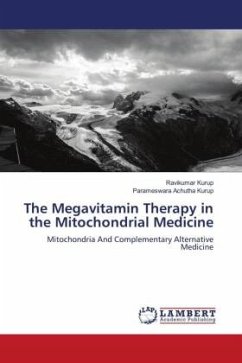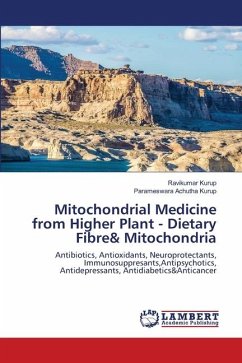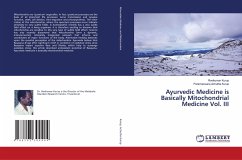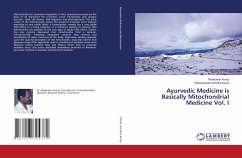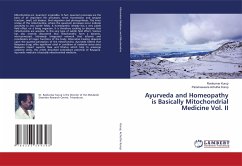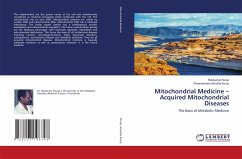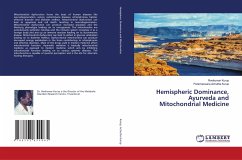Mitochondrial drugs used to treat mitochondrial dysfunction include coenzyme Q, carnitine, vitamin E, vitamin C, thiamine, biotin, riboflavin, pantothenic acid, taurine, NAD, uridine, butyrate and D-glucosamine. Taurine is a component of the mitochondrial matrix and helps in maintaining the proton gradient across the mitochondrial membrane which produces ATP synthesis. D-glucosamine activates AMPK producing mitohormesis. D-glucosamine inhibits glycolysis and stimulates mitochondrial function reversing the Warburg phenotype. Coenzyme Q and NAD are parts of the mitochondrial electron transport chain. Carnitine increases the beta oxidation of fatty acids. Megadoses of vitamins like thiamine, biotin, riboflavin, nicotinic acid, pantothenic acid, vitamin E, vitamin C and nutraceuticals like coenzyme Q, carnitine, taurine, uridine, NAD, NMN, butyrate and glucosamine can improve mitochondrial function. Pauling's megavitamin therapy for treatment of neurodegenerative and neuropsychiatricdisorders is validated by the fact that megadoses can induce low level of enzyme activity consequent to genetic mutations.

